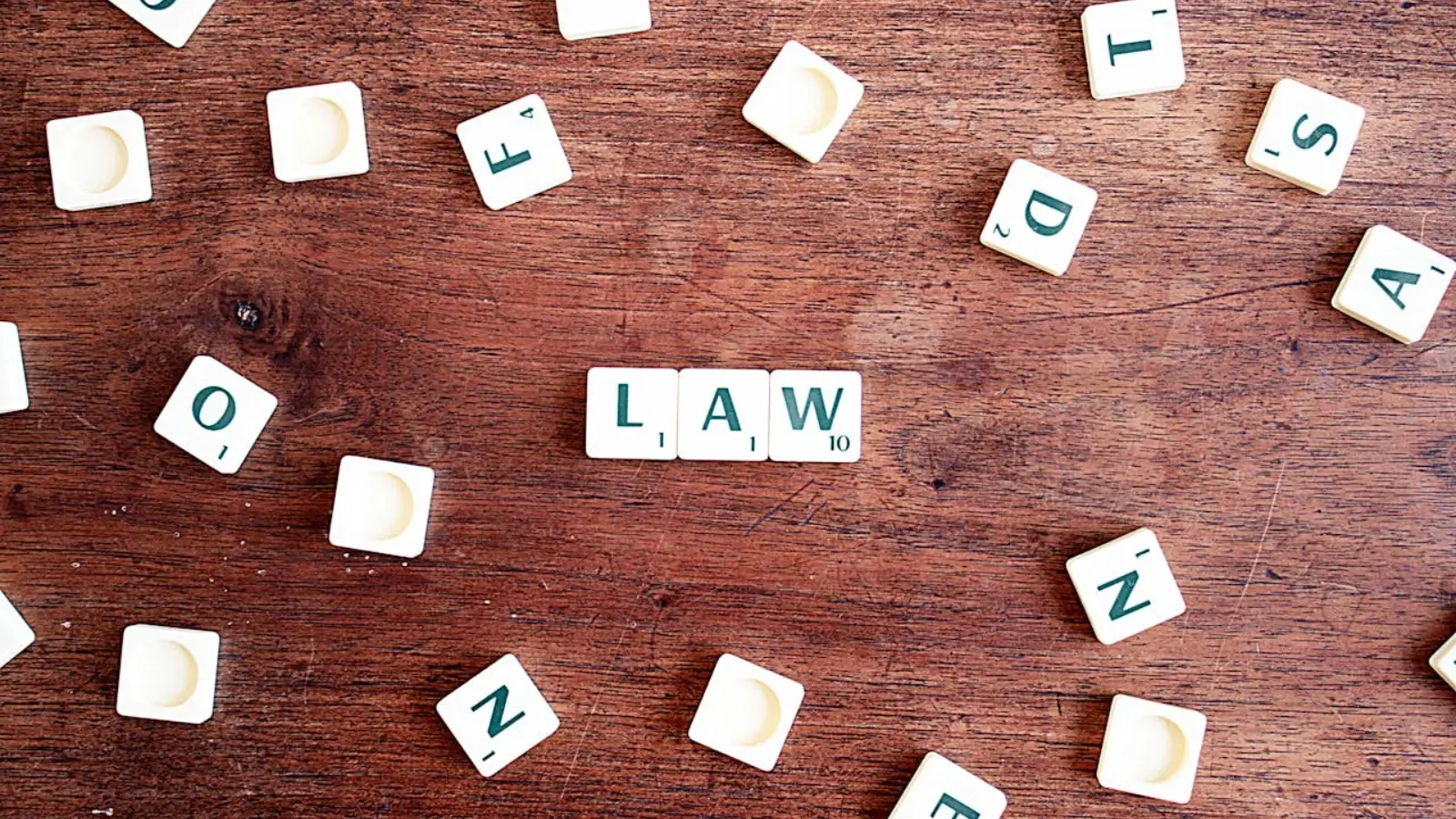


Have you ever thought about how unpredictable life in a city like Denver can be? One moment you’re headed downtown for dinner, and the next you’re dealing with the fallout from an accident that changes everything. Injuries disrupt more than your health; they create financial stress, time lost at work, and endless paperwork. In this blog, we will share what you need to know about filing a claim after an injury.
When an injury happens, most people first think about medical care and time off work. The legal side often feels like a secondary problem until bills start piling up. However, acting quickly on the legal front can prevent long-term issues. Evidence disappears, memories fade, and insurance companies waste no time building their defense. Having a clear plan for your claim from the beginning makes it far easier to secure fair compensation.
This is where the guidance of professionals becomes crucial. For instance, many people turn to car accident lawyers in Denver who understand how to navigate state laws, deal with insurance adjusters, and calculate the true value of a claim. It’s not just about filing forms correctly; it’s about making sure you don’t accept less than what your situation actually demands. Skilled attorneys can also coordinate with doctors and experts to show the full scope of injuries. That level of preparation creates stronger cases and reduces the risk of costly mistakes later.
Once you’ve dealt with immediate medical needs, the process starts with documenting the incident. This includes filing an official report if it involves vehicles, workplaces, or public property. Documentation is the backbone of a claim. Photos, witness statements, and medical records often prove more valuable than memory in court.
In today’s environment, even something as simple as pulling out your phone to record the scene can make a difference. Social awareness has increased because of platforms like TikTok and Instagram, but instead of aiming for likes, this kind of documentation ensures that your case has credible evidence. Insurance companies often argue that injuries aren’t as serious as reported, so detailed records help shut down that narrative quickly.
Medical evaluations are more than a check-up. They provide a timeline that links your injuries directly to the incident. This becomes critical evidence when claims move forward. Skipping follow-up visits or failing to follow treatment plans can weaken your case. Adjusters will look for gaps in care and argue that your injuries were exaggerated or unrelated.
The cost of medical treatment is also central to determining compensation. From physical therapy to prescription medications, each receipt becomes a piece of the puzzle. Staying organized with records not only helps your recovery but also strengthens your legal standing.
Filing a claim often begins with a notice to the responsible party’s insurance company. This step sets the stage for negotiations. The claim outlines your injuries, medical costs, lost income, and other damages. It’s essentially your first move in a process that can either end in settlement or proceed toward litigation.
At this stage, patience is as important as persistence. Insurance companies frequently delay, question, or undervalue claims. They know that dragging things out can pressure injured individuals into accepting low offers. Having strong representation keeps the process on track and ensures deadlines are met.
Negotiation is where most injury claims are resolved. The majority never reach a courtroom because settlements save time and money for all parties involved. However, this doesn’t mean the process is straightforward. Insurance adjusters are trained to minimize payouts, often starting with offers that barely cover medical costs.
A strong negotiation strategy relies on evidence, expert testimony, and a willingness to push back. Settlements should reflect more than immediate expenses. They should also account for long-term care, ongoing therapy, lost earning potential, and even the emotional toll of recovery. Too often, people settle quickly without realizing how much future expenses will weigh them down.
When settlement offers fall short, the next step is litigation. This involves filing a lawsuit and preparing for trial. While the idea of going to court can feel overwhelming, it also sends a clear message that you’re serious about your claim. Many cases still settle before trial once the opposing side sees the strength of the evidence.
Court proceedings introduce formal discovery, depositions, and motions, all of which add complexity. The timeline can stretch for months or years, but strong preparation ensures that you’re not forced into a weak agreement just to move forward. Litigation may be slower, but it often results in higher compensation for serious injuries.
In recent years, public attention has shifted toward fairness in injury claims because of rising healthcare costs and increased awareness of corporate tactics. From viral videos of insurance companies downplaying injuries to debates about medical debt, these cases highlight larger societal issues. The process is not only about individual justice; it reflects how much power ordinary people have in systems designed to protect corporate interests.
At the same time, changes in technology have altered the landscape. Telehealth appointments, digital claim filings, and online legal consultations make it easier to gather information and move cases forward. Yet, the basics remain unchanged: strong evidence, timely action, and professional guidance are still the foundation of successful claims.
Filing an injury claim is not just about getting compensation. It’s about protecting your ability to rebuild life after an accident. Medical care, lost wages, and long-term recovery require resources that most people can’t shoulder alone. A claim helps shift responsibility back where it belongs—on the party that caused the harm.
Ultimately, the process rewards preparation. Those who take the time to document thoroughly, follow medical advice, and secure proper legal help are far more likely to see fair outcomes. Injuries may disrupt routines, but the claim process exists to bring balance back. While no one wants to deal with it, knowing how it works before you need it can make the difference between feeling powerless and regaining control.